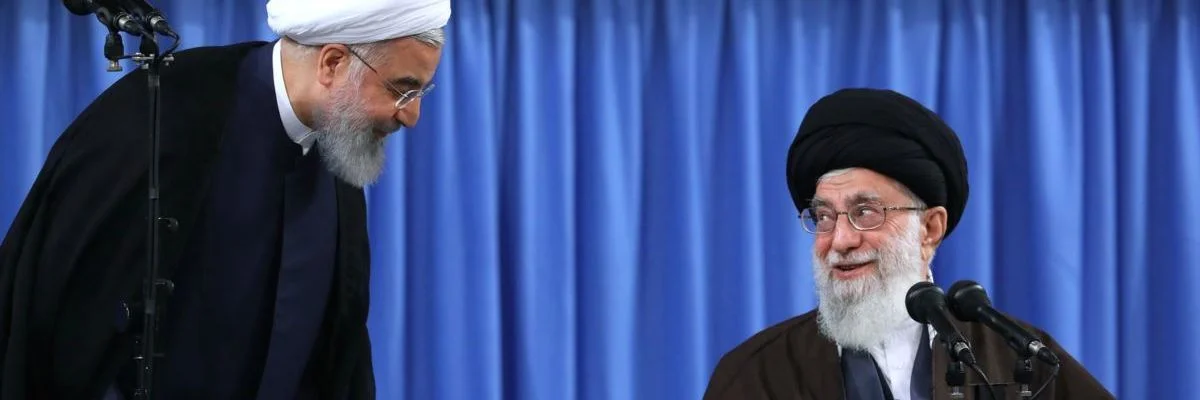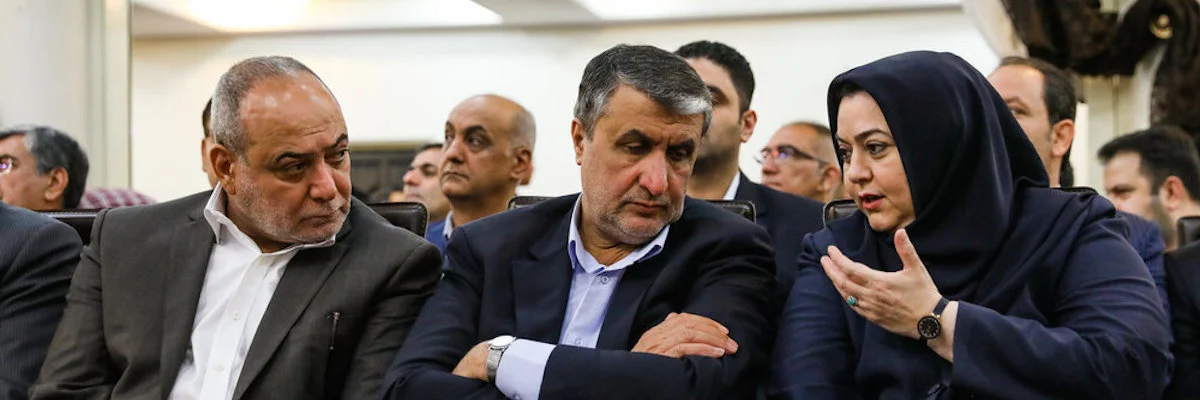◢ China has taken its second Iranian cargo of crude oil after US waivers expired in early May, further defying US sanctions on Iran’s oil exports. The HORSE, a VLCC owned by the National Iranian Tanker Company (NITC) discharged its oil at Tianjin port in northern China, data provided by market intelligence firm Kpler shows.
asdasdasdasdasdasdasdasdasdasd





















